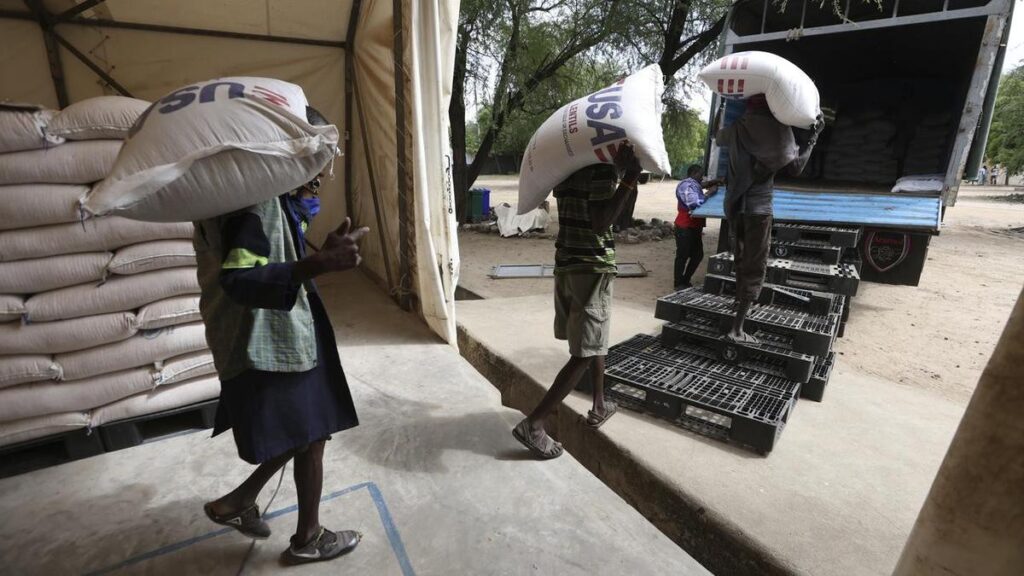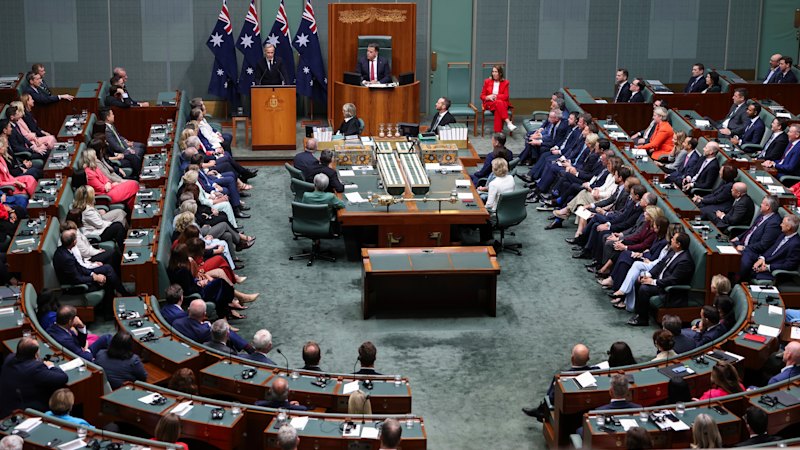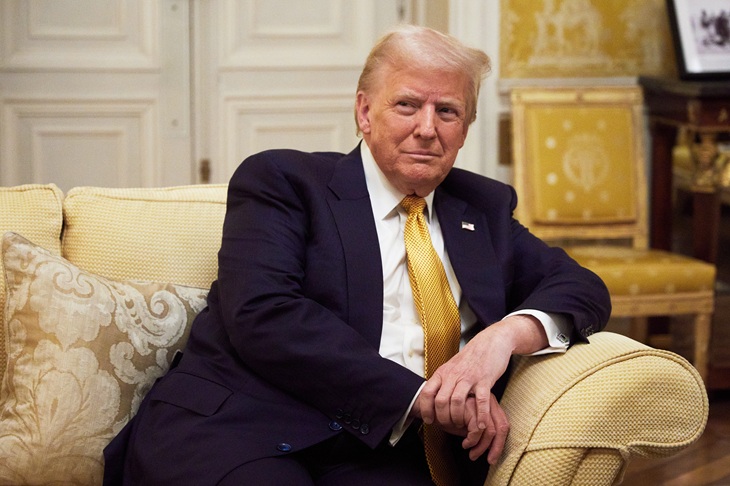
US President Donald Trump has invoked a rare legislative maneuver to block a foreign aid budget approved by Congress, amounting to $4.9 billion. This decision is part of his ongoing efforts to reduce government spending, particularly in foreign aid.
On Thursday, Trump informed House Speaker Mike Johnson via a letter that he would not allocate the funds designated for the State Department and the US Agency for International Development (USAID). The president’s action employs a tactic known as a pocket rescission, a method not utilized since the administration of Jimmy Carter in 1977. This tactic allows the president to request that Congress not spend approved funds close to the end of the fiscal year, which ends on September 30, 2023. By doing this, Congress has limited time—45 days—to respond, often resulting in the funds remaining unspent.
The letter detailing this rescission was shared on Friday morning through the X account of the White House Office of Management and Budget. It outlines Trump’s intent to cut funding from essential agencies involved in international assistance, an area where he has consistently pushed for reductions.
The last instance of a pocket rescission occurred during Carter’s presidency, and Trump’s administration maintains that this approach is legally permissible under the 1974 Impoundment Control Act. This act grants the president the authority to propose the cancellation of funds that Congress has approved. While Congress can vote to either uphold or reject these proposed cuts, the timing of Trump’s request effectively sidelines Congress from taking action before the fiscal year concludes.
Previously, Trump sought congressional approval for similar rescissions, successfully reducing spending by $9 billion in July 2023. These cuts impacted public broadcasting and foreign aid, reflecting a broader strategy to minimize international assistance.
The Trump administration has made significant reductions to foreign aid a hallmark policy, despite criticisms regarding the limited financial impact on the national deficit and potential damage to the United States’ global standing. Critics argue that cutting off assistance compromises crucial support for vulnerable populations, particularly those reliant on food and development programs.
In February 2023, Trump’s administration announced plans to eliminate nearly all of USAID’s foreign aid contracts, targeting a staggering $60 billion in overall assistance abroad. The restructuring of USAID has led to the agency’s functions being transferred largely to the State Department, which raises concerns about the future of U.S. global engagement.
Additionally, on Wednesday, the Trump administration took steps to appeal to the Supreme Court, seeking to halt lower court decisions that have preserved foreign aid programs, including those aimed at global health and HIV/AIDS initiatives. This ongoing legal battle highlights the administration’s commitment to reshaping the landscape of foreign assistance in the face of judicial challenges.
The New York Post first reported on the use of this pocket rescission, a development that could have lasting implications for the balance of power between the executive and legislative branches regarding federal spending. As the fiscal year approaches its end, the ramifications of this decision will likely resonate throughout the political landscape.







